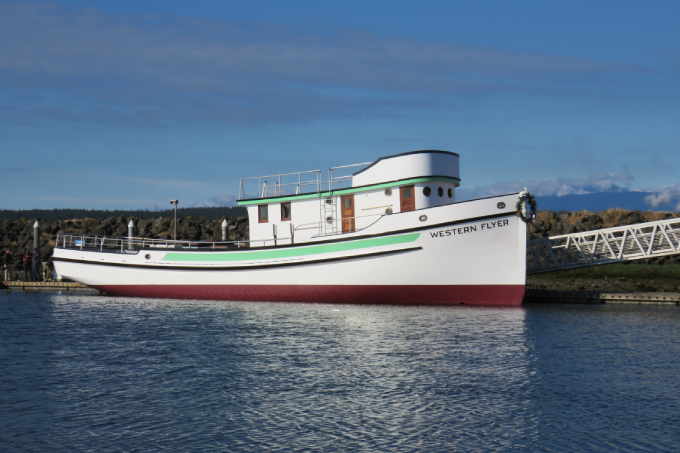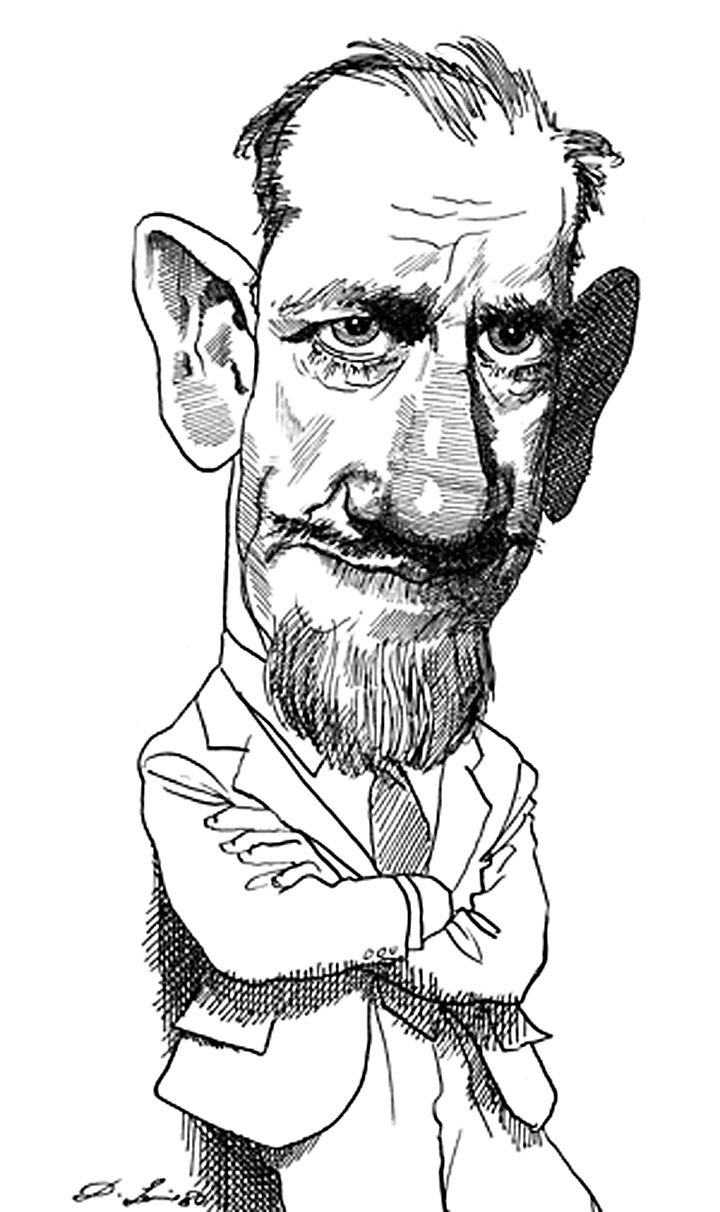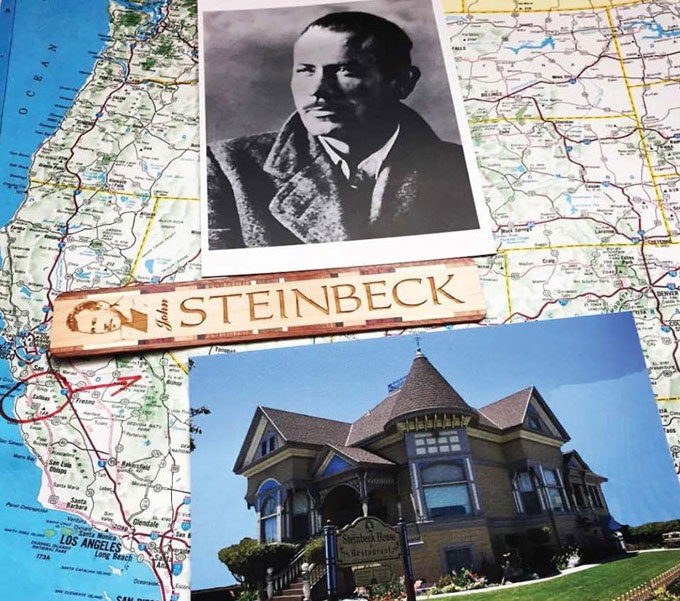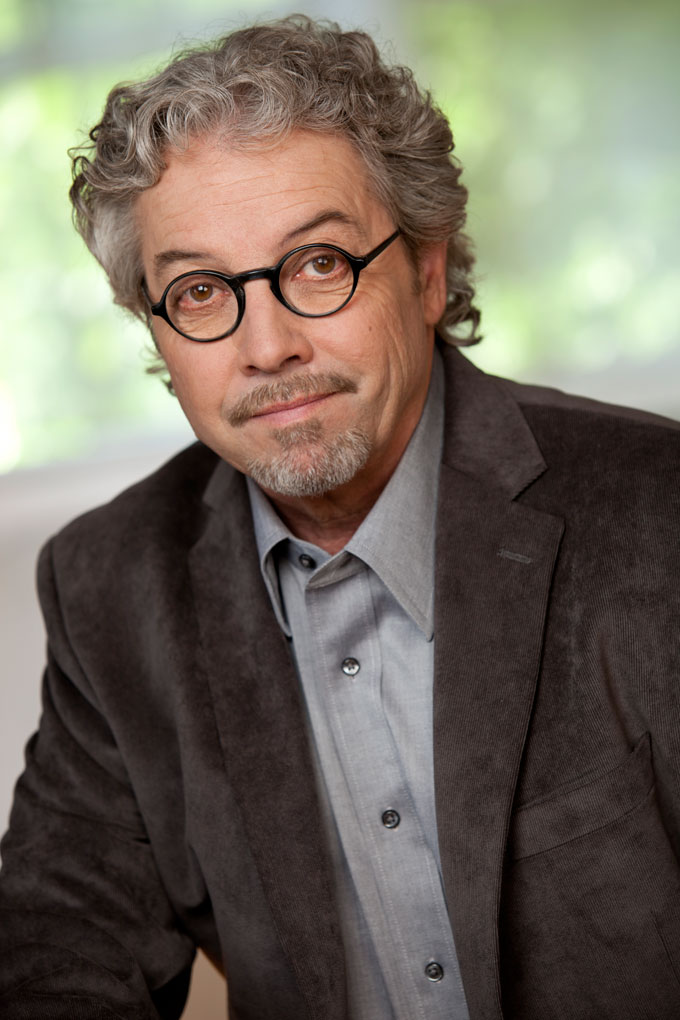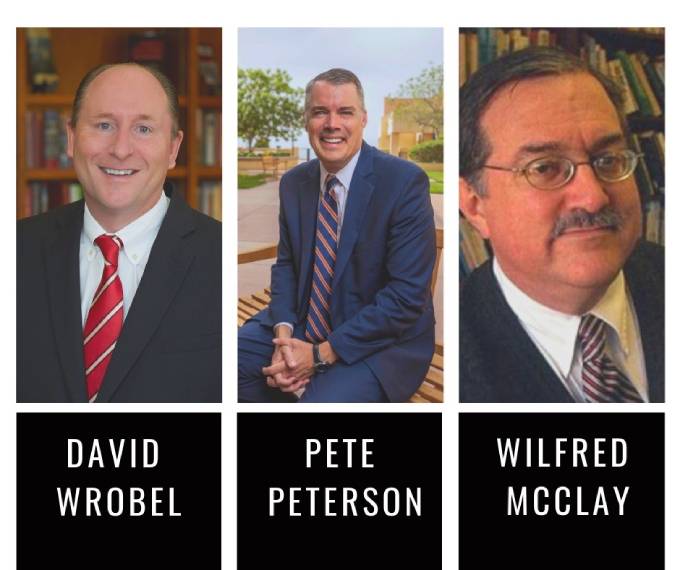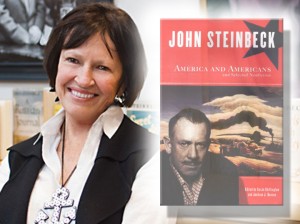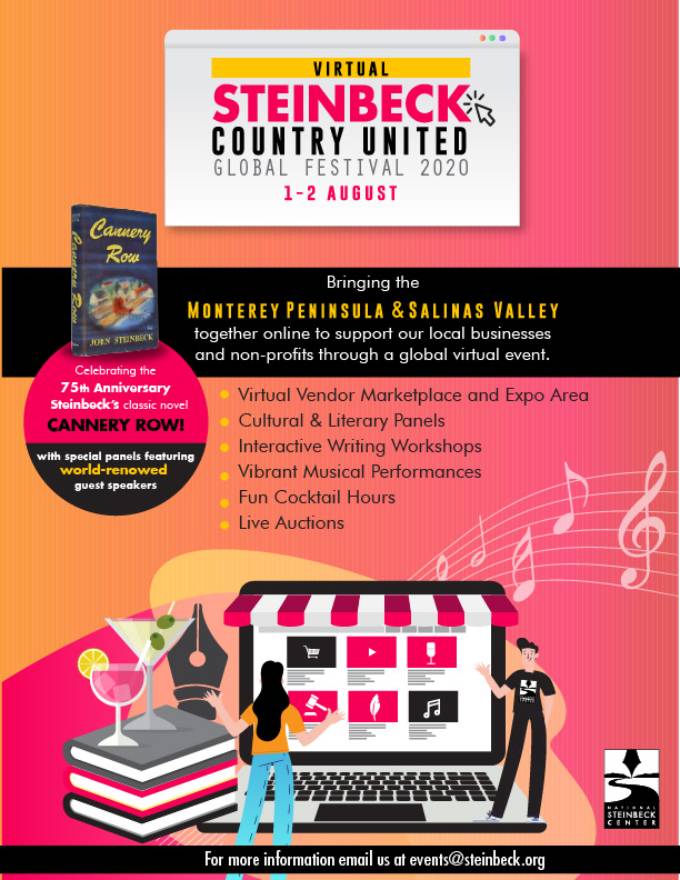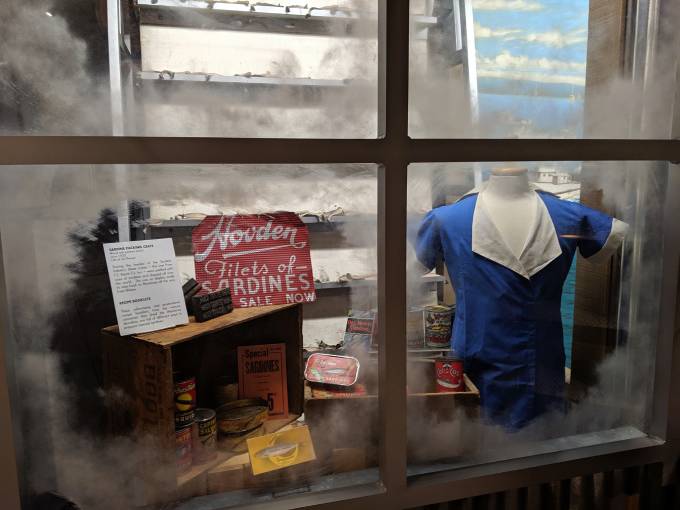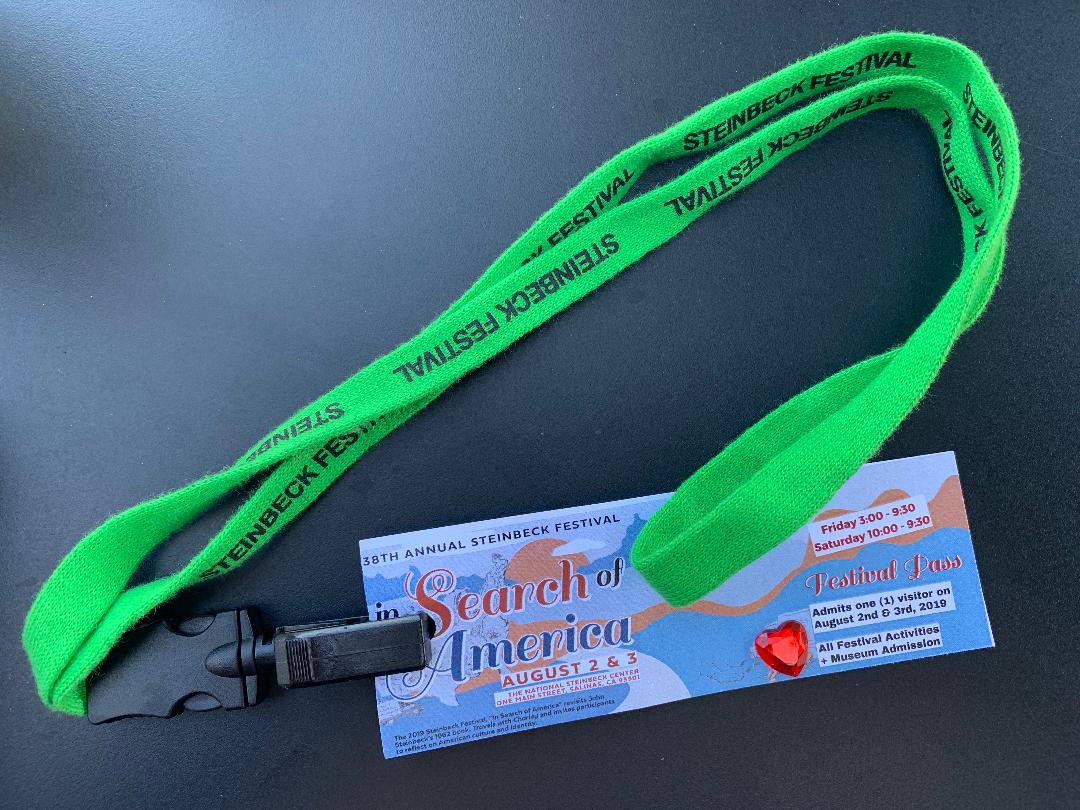Western Flyer—the 77-foot fishing boat John Steinbeck and Ed Ricketts took on their famous 1940 trip to the Sea of Cortez—recently returned to Monterey Bay after nearly a decade of restoration in Port Townsend, Washington. Built in 1937 to serve the commercial fishing industry and presently moored in Moss Landing, California, the Western Flyer will be welcomed back after a 75-year absence on November 4, 2023, with a day of family-friendly festivities around Cannery Row and Monterey’s Old Fisherman’s Wharf. Plans include live music, science and art activities, giveaways, merchandise for sale, and plenty of photo opportunities. The Western Flyer will then return to a life of research and education, and once again ply the waters of Monterey Bay and beyond. All this is the result of the vision of the marine biologist-businessman John Gregg, founding board member of the nonprofit Western Flyer Foundation.
Gregg purchased the boat, which had sunk several times over the decades, in 2015, launching the Western Flyer Foundation to save the severely damaged vessel and recruiting the Port Townsend Shipwrights Cooperative for the job. After eight years of labor, the vessel recently received a Classic Boat Award for its restored presence and sea-worthiness. Though the Western Flyer “gained notoriety from its research trip with John Steinbeck and Ed Ricketts, it’s had a long and storied past as a fishing boat,” Gregg said. “Now restored with a hybrid diesel-electric engine and state-of-the-art marine lab, the Western Flyer symbolizes a bridge linking Monterey Bay’s commercial fishing heritage with its leadership in marine science and education.” Gregg said the foundation’s vision is for the revitalized Western Flyer to stir curiosity by “connecting art and science in the spirit of John Steinbeck, Ed Ricketts, and their journey [recounted by Steinbeck and Ricketts in Sea of Cortez, 1941]. The foundation’s tide-pooling, classroom teaching, and on-board programs will introduce students to a renowned coastal ecosystem that many have experienced only indirectly, or not at all.”
November 4 activities begin at 11:00 a.m. and include a welcoming ceremony at the end of Old Fisherman’s Wharf, a boat parade, and tours of the Western Flyer, all free. On hand for the festivities will be the Alaska artist and Guggenheim Fellow Ray Troll, who created the colorful mural panels at the former facility of the National Oceanographic and Atmospheric Administration (NOAA) overlooking Steinbeck’s Great Tide Pool in Pacific Grove. The Center for Ocean Art, Science and Technology (COAST)—a nonprofit organization, like the Western Flyer Foundation—seeks to preserve Troll’s work while converting the NOAA building into a research center blending art and science. A fan of John Steinbeck and Ed Ricketts, Troll put the Western Flyer in the picture when he painted the historic mural.
Photo of Western Flyer courtesy National Fisherman magazine.
